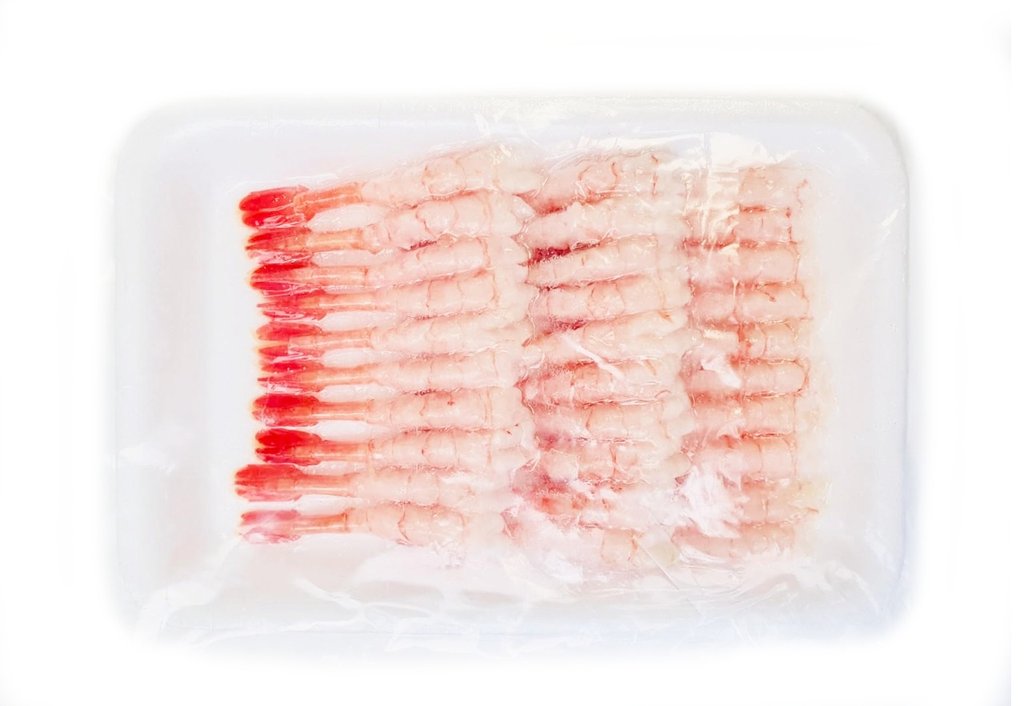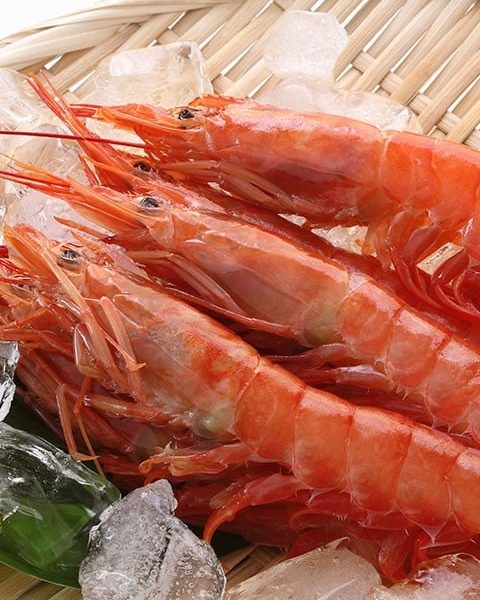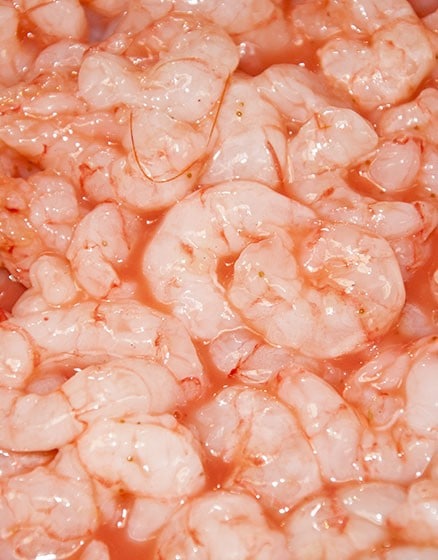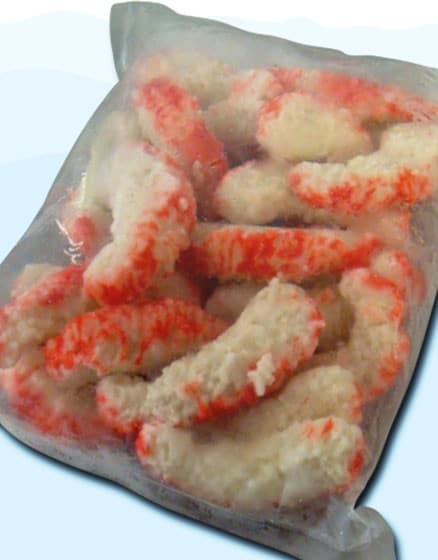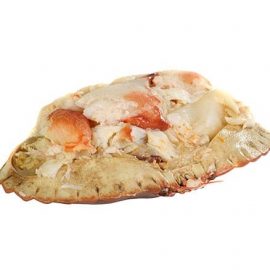During the early phases of their life cycle, Muki Amaebis are spotted in their young, male state. They are at their sweetest and tiniest. Due to their small size, these sweet shrimp are typically served in pairs. In Japanese cuisine, Amaebi is only prepared in their female form during the egg-laying season, as the eggs give the dish a special flavour.
When Muki Amaebi is healthy, it is clear and transparent. They are not as fresh as they should be if their tails curl into their bodies and they are turning pink. If the head of Amaebi is black, it’s a sign it’s losing its firmness, so look out for it when purchasing it. Black spotting will be minimal or absent in the best Amaebi.
Sweet shrimp has a distinct flavour that is delectable and sweet. Amaebi can be cooked under very limited heat, so if you must, please do so for a very short period, as the texture and flavour can quickly become compromised. Served with amaebi is sushi sweet prawn rice served with wasabi. The head of the prawn is the perfect topping; it is deep-fried in potato starch and tastes like a soft-shell crab when eaten whole.
Benefits of Amaebi Sweet Prawn
There are many reasons to choose Amaebi for its nutritional qualities, through taste and sustainability. The sweet shrimp will tempt even those new to sushi dishes.
Amaebi offers an excellent nutritional profile. This fish is a great source of lean protein, low in fat, and estimated to have a calorie count of approximately 60. Here we are talking about raw sushi, not the fried head, which is often referred to as a delicacy.
They make a great accompaniment to sushi, typically served two at a time because of their small size. This Northern Atlantic prawn has been peeled and deveined before being quick frozen for use. These sweet prawns benefit from overnight defrosting, allowing their distinct sweetness to develop.
Responsibly-Sourced
Here at Frozen Fish Direct, we sell sustainable, eco-friendly prawns. Prawn products from our company come from well-managed farms that adhere to conservation standards and actively address habitat loss within their operations. To ensure sustainability for future generations, we only offer fish or seafood caught in a way that does not harm the environment, which has been our practice for years.
Amaebis are native to the Canadian Pacific area, and they’re plentiful. As far as sustainability is concerned, Canadian Pacific Amaebi is highly recommended by the Seafood Watch. As hermaphrodites, they are males for the first few years before becoming females, unless they happen to be harvested and served at the sushi bar briefly before becoming female!
